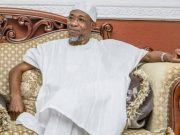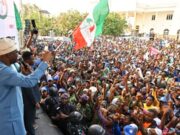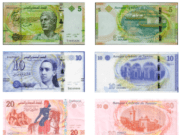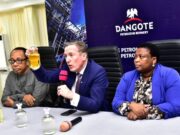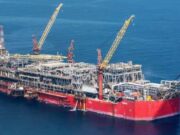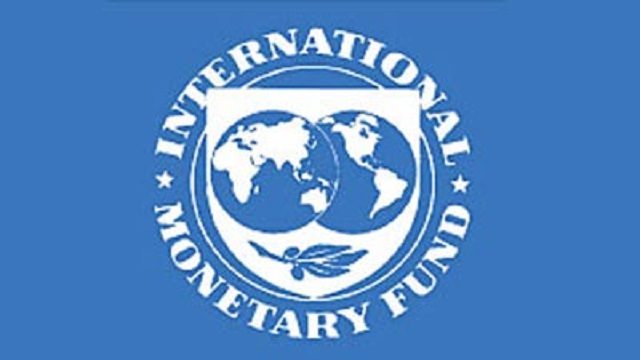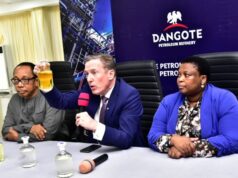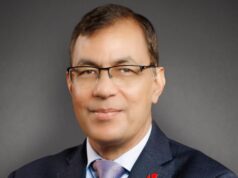The International Monetary Fund has commended the Nigerian government for removing the fuel subsidy but noted that efforts must be made to protect poor citizens from the high cost of living crisis.
Specifically, the Washington-based lender said the Federal Government must complement the fuel subsidy removal with a set of policies that could help lower inflation and protect the most vulnerable citizens.
Assistant Director, Fiscal Affairs Department, IMF, Era Dabla-Norris, said this on Tuesday at the ongoing World Bank/IMF Annual Meetings in Marrakesh, Morocco.
She spoke shortly after a press briefing on a session titled, ‘Fiscal Monitor.’
She said, “The first is to protect the most vulnerable from the (high) cost of living, and there’s a number of targeted programmes that can be ramped up and the poor, the really vulnerable populations, are protected.
“A set of other policies, macroeconomic policies are needed to durably bring inflation down. In the case of Nigeria, the revenue-to-GDP ratio is quite low relative to other emerging markets and developing countries. So efforts will need to be made to increase revenue collection in an efficient manner. Our research shows that countries like Nigeria have large untapped tax potential.”
The IMF official said subsidy removal was an important policy that would yield growth in the future.
She, however, added that this must be complemented with smart policies.
The IMF assistant director said the country’s budget must include policies on education, health, and other sectors aimed at protecting the poor.
He stated, “I think that fuel subsidy reform was an important reform Nigeria undertook, the cost to the budget of having these broad base removal of fuel subsidies is quite significant. By reducing fuel subsidies, the government has freed up space for other types of spending. The important thing is to be able to protect the most vulnerable group from higher energy prices.”
She added, “So, from that perspective, this policy creates space, a portion of the revenues. It can be unpopular, it can be a challenging policy, and I think it was the right one, it was the right decision to make at that time. Now the key is to be able to target better because most of these policies (fuel subsidies) don’t benefit low-income groups. Across the world, we’ve seen that fuel subsidies tend to benefit middle or higher-income groups. So the key thing is to prioritise this towards the most vulnerable.”
The Minister of Finance and Coordinating Minister of the Economy, Wale Edun, had on Monday said the Federal Government was planning major tax reforms that would be announced soon.
He spoke about plans to collect tax revenue more efficiently, while also noting that the government had no intention to borrow more funds.
However, the IMF director, Dabla-Norris said some of the policies listed by the Fund could not be achieved on a short-term basis.
She said, “This is not something that can be done magically overnight, but definitely over the medium term. Expanding tax bases, reducing exemptions in value-added tax, reducing tax expenditures, rationalising other types of taxes, and strengthening the quality of your tax institutions, are all steps that can be taken to effectively mobilise revenues in a progressive manner, and then channel that for priority spending, having appropriate monetary policies in place; doing away with any kind of central bank financing of the budget and ensuring that policies are working in the same direction to bring inflation down. That is really the issue.”
On the high debt burden Nigeria is battling with, the IMF official advised Nigeria to ramp up revenue collection.
She said, “The most important thing would be durable revenue collections because revenue collections are very low in Nigeria relative to other peer countries. And this is widely recognised by the government. So that’s one thing.
“The second important component would be to rationalise expenditures, to see what are the priority spending, can spending be cut or reprioritized, this would be another very important thing to do. And finally, invigorating growth; Nigeria has tremendous growth potential.
“It is one of the largest economies in Africa. It has tremendous potential for growth. So the kind of structural reforms that are needed, governance, business climate reforms that are needed to catalyze private investment and to durably grow, that would be another important way of bringing debt down.”
Credit: punchng.com






















